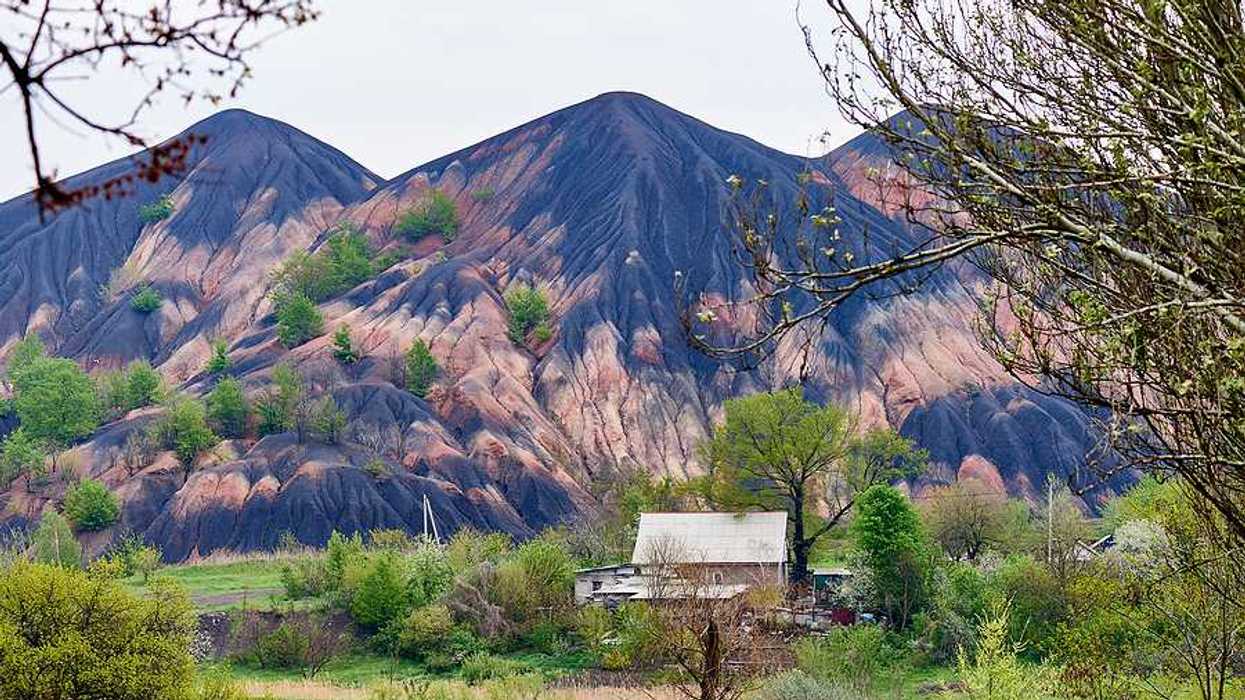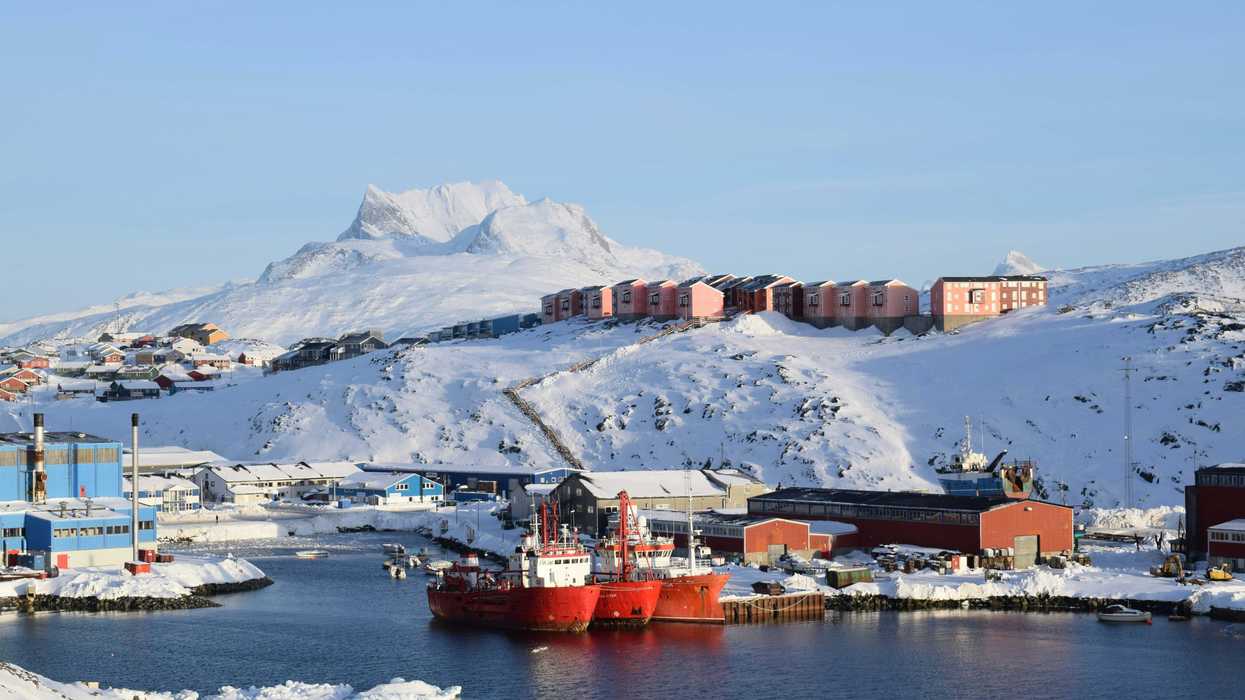The Tyee: How can an Australian open-pit coal mining project unequivocally denied by a joint review panel as well as two courts of appeal still be regarded as an “advanced coal project” by Alberta regulators, asks Andrew Nikiforuk in The Tyee.
In a nutshell:
In Alberta, the controversy surrounding an Australian open-pit coal mining project, known as the Grassy Mountain project, continues to unfold. Despite being rejected by a joint review panel and two courts of appeal, the project is still classified as an "advanced coal project" by Alberta regulators. This classification has raised legal and ethical concerns, with critics arguing that it contradicts the intent of a ministerial order that banned coal mining in the eastern slopes of the Rockies until land use planning is completed. The Alberta Energy Regulator's interpretation of this order has drawn widespread criticism, leaving many Albertans deeply concerned about the potential environmental and social impacts of the project.
Key quote:
“There’s basically nothing in this deal for Alberta except ruined mountains, contaminated water, and a massive clean-up bill. A handful of jobs is not worth the downstream effects of this. And the majority of Albertans have expressed this in poll after poll. It’s time to start hollering at the govt again, so let ’em have it,” country music singer Corb Lund has declared.
The big picture:
Living near open-pit coal mines can lead to exposure to harmful particulate matter and pollutants released during mining operations, resulting in respiratory problems, cardiovascular issues, and an increased risk of lung diseases. The noise, dust, and disruption from mining activities can contribute to stress and mental health concerns among nearby communities. Contamination of water sources may also result in adverse health effects, including the ingestion of toxic substances, emphasizing the importance of monitoring and stringent environmental regulations in such areas.
Read NIkiforuk's article in The Tyee.
Coal, oil and gas have given communities across the U.S. both steady paychecks and devastating pollution. It's time to make health a priority in meeting our energy demands, argues Max Aung.














